Earth
-
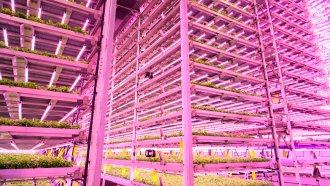 Agriculture
Agriculture‘Smart lighting’ might make vertical farming more affordable
A new computer program adjusts grow lights to cut down on electric bills without sacrificing photosynthesis.
-
 Environment
EnvironmentA biogeochemist is tracking the movements of toxic mercury pollution
Exposing the hidden movements of mercury through the environment can help reduce human exposure.
By Nikk Ogasa -
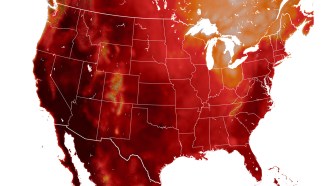 Climate
ClimateClimate change could double U.S. temperature-linked deaths by mid-century
Each year, roughly 8,000 deaths in the United States are associated with extreme temperatures. And as temperatures rise, this number could swell.
-
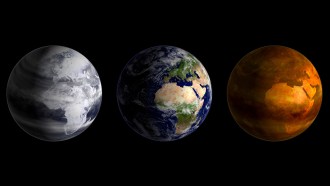 Climate
ClimateEarth’s ancient ‘greenhouse’ conditions were hotter than thought
A timeline of 485 million years of Earth’s surface temperatures shows ancient greenhouse conditions were hotter than scientists thought.
-
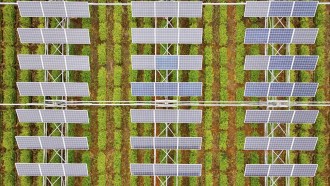 Climate
ClimateCan solar farms and crop farms coexist?
Researchers working in the field of agrivoltaics are studying how to combine solar farming with grazing, crop production or ecological restoration.
By Luke Groskin -
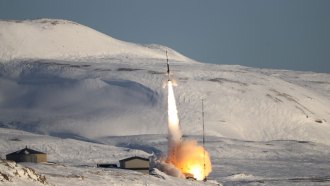 Planetary Science
Planetary ScienceScientists find a long-sought electric field in Earth’s atmosphere
The Earth’s ambipolar electric field is weak but strong enough to control the shape and evolution of the upper atmosphere.
-
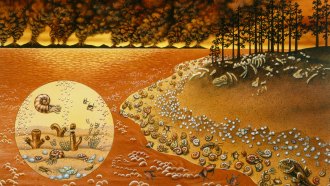 Life
LifeMega El Niños kicked off the world’s worst mass extinction
Long-lasting, widespread heat and weather extremes may have caused the Great Dying extinction event 252 million years ago.
By Jake Buehler -
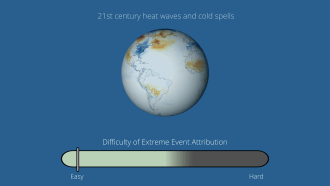 Environment
EnvironmentHow much is climate change to blame for extreme weather?
Scientists can estimate how much more likely or severe some past natural disasters were due to human-caused climate change. Here's how.
-
 Health & Medicine
Health & MedicineCalifornia droughts may help valley fever spread
Droughts temporarily dampen the number of valley fever cases across the state, but cases spike in the years after rains return.
-
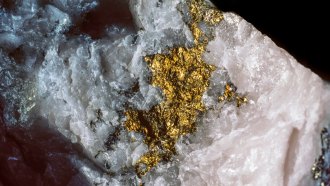 Earth
EarthHow earthquakes build beefy gold nuggets
The strain imparted by an earthquake can generate voltages in quartz veins that stimulate the mineralization of gold.
By Nikk Ogasa -
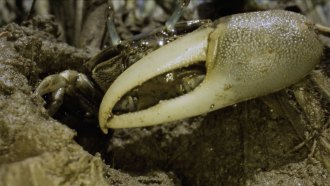 Environment
EnvironmentFiddler crabs are migrating north to cooler waters
The crabs are climate migrants and could be a harbinger of changes to come as more species move in.
By Luke Groskin -
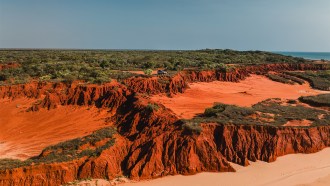 Climate
ClimateSummer-like heat is scorching the Southern Hemisphere — in winter
Warmer winters are fast becoming a global phenomenon and can affect everything from the food we grow to the spread of diseases.